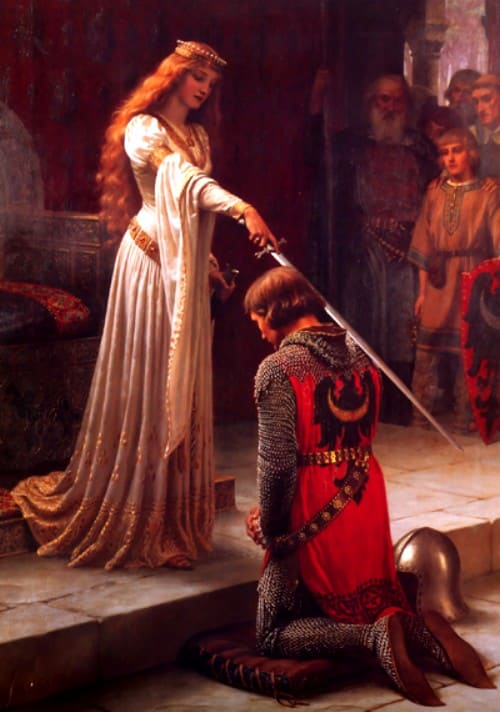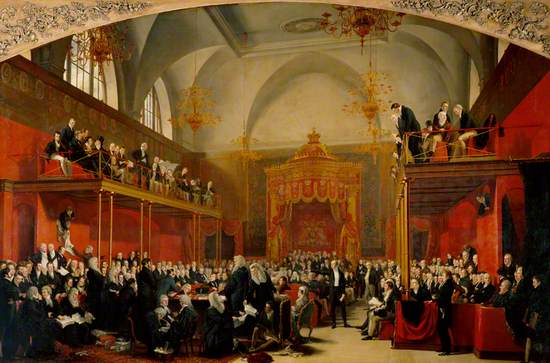Enduring Legacy: The Honourable Importance of British Titles
British titles, with their rich history and enduring legacy, hold a unique position in British society. More than just a name prefix, they represent a complex web of tradition, social standing, and a connection to the nation's past. While their formal power has waned in recent times, their honourable importance remains, woven into the fabric of British culture and identity.
A Historical Tapestry
The roots of British titles stretch back centuries. Following the Norman Conquest in 1066, King William I established a feudal system, granting land and titles to his loyal followers. These barons, as they were known, formed the foundation of the peerage, a system that continues today. Over time, the peerage evolved, with additional ranks like duke, marquess, earl, viscount, and baron being established. These titles were not merely symbolic; they carried significant political weight. Peers held a seat in the House of Lords, one of the two houses of Parliament, and wielded considerable influence in national affairs.
The Evolution of Honour
Throughout history, British titles have been bestowed upon individuals who have made significant contributions to the nation. From military heroes and political leaders to pioneers in science and industry, these titles served as a mark of the monarch's recognition and a symbol of national honour. Titles like knighthood, awarded for acts of gallantry or service, further cemented the connection between titles and honourable conduct. Earning a title wasn't just about social status; it was a public acknowledgement of merit and achievement.
Beyond Formality: The Modern Relevance of Titles
The 20th century saw a significant shift in the power dynamics associated with British titles. The House of Lords underwent reforms, with hereditary seats being gradually reduced. However, the concept of titles retains its significance. While they no longer guarantee political power, they continue to command respect and recognition. Titles like "Sir" or "Dame" prefaced to a name denote accomplishment and inspire a sense of achievement. The British honours system, which continues to award titles for contributions in various fields, highlights the ongoing association of titles with national honour.
Social Currency and a Global Brand
British titles hold a certain social currency, particularly internationally. They evoke a sense of tradition, history, and refinement. This is particularly true in the world of business and diplomacy, where titles can open doors and facilitate communication. The global recognition of the British honours system further enhances the value of these titles. Receiving a British title, even for a non-citizen, is considered a prestigious acknowledgement of one's contributions.
Preserving Heritage, Embracing Change
The debate surrounding the relevance of British titles in a modern, egalitarian society is ongoing. Some argue that the hereditary nature of the peerage system is outdated and elitist. However, there's a strong argument to be made for the preservation of tradition. Titles serve as a living connection to Britain's rich history, reminding us of the sacrifices and achievements of those who came before us.
The Future of Titles
The future of British titles is likely to involve adaptation and evolution. The honours system may see further reforms, reflecting the changing face of Britain and its priorities. However, the core concept of titles as markers of honour and achievement is likely to remain. As Britain continues to evolve, its system of titles will likely do the same, ensuring their continued relevance in a modern context.
Beyond the Ranks: The Significance of Courtesy Titles
The discussion of British titles extends beyond the formal ranks of the peerage. Courtesy titles, such as "Lord" or "Lady" used by children and spouses of peers, also hold significance. These titles acknowledge the individual's connection to a noble family and lineage. While not conveying the same level of power or prestige as a peerage title, they still hold a certain social standing and evoke a sense of belonging to a particular social class.
A Global Phenomenon: Titles Beyond Britain
The concept of titles is not unique to Britain. Many countries have their own honours systems, with titles bestowed upon deserving individuals. However, the British system, with its long history and global reach, holds a certain level of prestige. Titles like "Duke" or "Baroness" resonate internationally, representing a legacy of tradition and honour that transcends national boundaries. In Conclusion
In Conclusion
British titles are more than just a collection of words. They represent a complex tapestry woven from history, tradition, and the pursuit of honour. While their formal power may have diminished, their symbolic importance remains. As Britain continues to evolve, its system of titles will likely adapt, ensuring their continued relevance in a modern context. Whether signifying a connection to a noble family or recognising an individual's achievements, British titles serve as a reminder of the nation's rich heritage and its enduring values.























![[ℕ𝕖𝕧𝕖𝕣] 𝕊𝕖𝕝𝕝 𝕐𝕠𝕦𝕣 𝔹𝕚𝕥𝕔𝕠𝕚𝕟 - And Now What.... Pray To The God Of Hopium?](https://cdn.bulbapp.io/frontend/images/79e7827b-c644-4853-b048-a9601a8a8da7/1)






















![[LIVE] Engage2Earn: Shayne is helping koalas!](https://cdn.bulbapp.io/frontend/images/08e2e573-f490-4ef4-93b6-f2285814da59/1)










